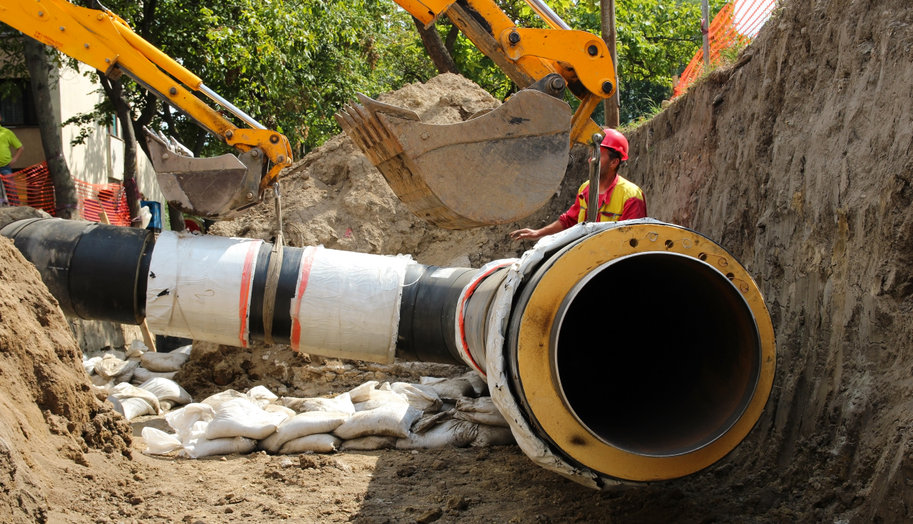We need directional drilling contractors when we are planning to put up something but need to have a lower environmental impact. Advances in directional drilling can be traced back to technologies from many decades ago during the golden era of oil and gas and these advances are related to horizontal drilling. Horizontal directional drilling contractors have increased productivity and pay zone of the reservoir and decreased costs associated with the same amount of productivity.
Aside from technology, this can’t be possible without the people behind every directional drilling process. The people who work on oil and gas rigs where they drill, monitor, mix and test drilling fluid for drill bits. They are called the mud engineers and let’s get to know them. Mud engineers are also known as the drilling fluid engineer or mud men. They are not literally men made from mud but they are detail-oriented and have a basic understanding of math and science. Their knowledge helps them formulate specialized drilling fluid for specific projects that help lubricate machine components and keep the borehole stable.
Here’s how to become a Mud Engineer:
- Take a specialized training course called “mud school”.
- Gain experience by working under a senior mud engineer before becoming responsible for your own projects.
- Should have analytical, math, problem-solving and interpersonal skills to be successful in the chosen career.
Some mud schools like Halliburton or Oklahoma Mud School often absorb their students into the company.
Mud Engineer’s Responsibilities
As the drilling process progresses, drilling fluid affects the stressor acting upon the borehole wall by exerting pressure. Correct pressure must be applied, thus a mud engineer’s role is very crucial to the drilling process.
- They design the mud mix based on the expected geology which depends on the drilling proceeds. Geotechnical information is given to the mud engineer to examine it along with the contractor to come up with a drilling fluid plan.
- They work with the project manager for the timeline of the project and how to speed time efficiently.
- They help calculate the cost associated with other drilling engineers and technicians.
- They inspect the recycling plant and would come up with a contingency plan if needed.
- Check the virgin fluid to establish a baseline by recording the pH level, fluid density, fluid loss, yield point, mud temperature, and the like.
- Ensure that mud supply companies provide adequate manuals and aids to problems and provide solutions too.
- Minimize drilling fluid waste by calculating the correct quantity and having the correct formula all the time because of the difficulty and cost of disposal.
- Conduct testing procedures, recommend drill bits, and assist excavating technicians.
Being a mud engineer is a tough job. So if you are engaged in an underground utility installation project, you must consider the technical, economic, and environmental benefits of having horizontal directional drilling contractors. It doesn’t only facilitate productivity, it also carries the ability to promote progress without collateral damage.
Install underground utilities easily and fast with Advanced Line Systems. We are the horizontal directional drilling contractors who are experts in Denver. Call us at (303) 475-8420.






